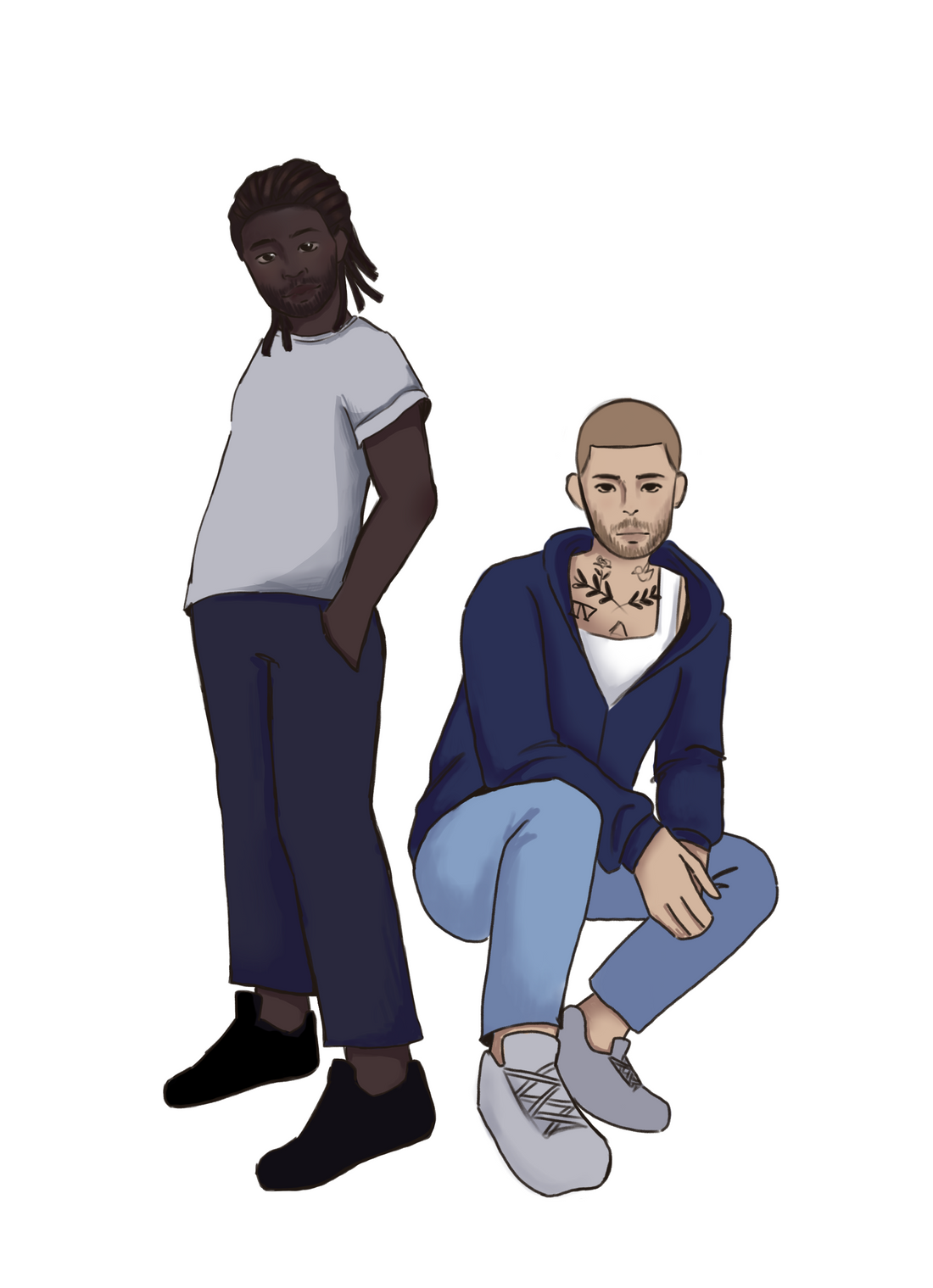Justin Bieber Redefines His ‘Swag’
With SWAG, Justin Bieber trades teenage bravado for a quieter, more honest portrait of adulthood and love.
Reading Time: 4 minutes
Justin Bieber has always lived at the fault line between spectacle and sincerity. Since his YouTube discovery at 13, his career has been defined by relentless public scrutiny: teen idol mania, tabloid scandals, high-profile romances, and the grueling machine of pop stardom. For years, it seemed impossible for him to escape the shadow of the boy wonder who sang “Baby.” Yet with SWAG (2025)—his seventh studio album, released without warning in July 2025—Bieber finally seems to step away from the weight of expectation. SWAG is not a record-chasing chart supremacy, nor a bid to reclaim the stadium-sized pop throne. It is a declaration that Bieber has entered a new phase of adulthood, one where art and identity intertwine more intimately than ever before.
“Swag” was once Bieber’s calling card during his early 2010s superstardom, a shorthand for cocky confidence and teen energy. Naming a mature, R&B-infused project after such a loaded term, tied to youthful bravado and a particular cultural moment, might seem ironic or even unserious, but the word takes on new meaning here. It’s less about braggadocio and more about redefinition. Bieber’s SWAG is no longer the purple-hoodie flash of 2010; it’s the steadiness of fatherhood, the calm of marriage, and the weathered resilience of someone who has survived public implosion and come out searching for grace.
SWAG circles around themes of intimacy, vulnerability, and quiet reflection. Much of the album reads like a love letter to his wife, Hailey Bieber, who has long been both muse and anchor in his music. On “DAISIES,” he leans into raw uncertainty: “Throwin’ petals like, ‘Do you love me or not?’ […] You said ‘Forever,’ babe, did you mean it or not?” The simple refrain cuts straight to the tension of commitment and doubt. “WALKING AWAY” pushes this even further, capturing the pain of conflict with a promise of return: “Baby, I ain’t walking away […] these growing pains.” The title track, “SWAG,” featuring Cash Cobain and Eddie Benjamin, repeats the phrase “Got swag on me,” not as teenage arrogance but as a new kind of calm confidence. Then, there are moments like “BUTTERFLIES,” where Bieber’s falsetto hovers over sparse guitar lines as he admits, “These butterflies won't seem to go away.” These songs may not reinvent his lyricism, but they ground the record’s atmosphere in plainspoken honesty.
There are moments, however, when his intimacy risks collapsing into cliché. Lyrics sometimes fall back on stock images of devotion and longing, leaning heavily on repetition. “DADZ LOVE,” perhaps the album’s most polarizing track, exemplifies this tension: its fuzzy breakbeats and gospel layering feel ambitious, but its chorus never extends beyond the title itself. What could have been a heartfelt meditation on fatherhood, an especially poignant theme given Bieber’s forthcoming parenthood, becomes a string of recycled affirmations. The repetition of “That’s love, dads love” feels less like a mantra and more like filler. It’s here that Bieber’s desire for simplicity borders on shallowness, suggesting that his instinct for atmosphere sometimes outpaces his lyrical precision.
That authentic, diary-like quality is both the album’s strength and its Achilles’ heel. Bieber has never been known as a sharp lyricist, and SWAG does not overturn that reputation. But the vulnerability in his voice—the way he stretches into falsetto, the little imperfections he allows into the recordings—feels more revealing than his words. He doesn’t tell us everything; instead, he lets tone carry meaning. This restraint might frustrate listeners looking for bold statements or cultural commentary, but it rewards those willing to listen for texture rather than thesis.
If there is one thing that distinguishes SWAG from his past works, it’s the album’s resistance to spectacle. Purpose (2015) was Bieber’s redemption arc, a sleekly engineered pop-R&B project that reestablished him as a serious artist. Justice (2021) leaned too heavily into that formula, packed with features and arena-ready anthems but weighed down by overproduction. SWAG is smaller, moodier, and braver in its restraint. In this way, it feels closest to Journals (2013), Bieber’s cult-favorite R&B mixtape that confused critics at the time but has since gained recognition as an early blueprint of Bieber’s most authentic sound.
Not everything lands. The spoken-word interludes featuring comedian Druski are jarring, an ill-fitting attempt to inject levity into a record that otherwise thrives on quiet reflection. They break the spell of the album, reminding us of Bieber’s tendency to stumble when he tries too hard to be playful. Critics have rightly called these segments “cringe,” but in some ways, their awkwardness underscores Bieber’s ongoing negotiation with his public image. For an artist who grew up under a magnifying glass, self-seriousness is dangerous; humor is a shield, even when it backfires.
And yet, despite its flaws, SWAG feels important. It captures Bieber at a crossroads, no longer the child star in free fall, not quite the legacy act reflecting on decades past, but a 30-something artist making peace with himself. Its power lies in atmosphere, in the way it turns inward rather than outward, in the way it refuses the obvious pop formulas that defined much of Bieber’s career. If Purpose was about survival and Justice about reinvention, SWAG is about surrender: to intimacy, to imperfection, to the quieter rhythms of adulthood. For an artist whose life has been defined by noise, that quiet might be the boldest statement of all.

